Ghostly photos show famous Egyptian landmarks with no tourists
Violent conflicts following the country's 2011 revolution have been successful in scaring off travellers

Your support helps us to tell the story
From reproductive rights to climate change to Big Tech, The Independent is on the ground when the story is developing. Whether it's investigating the financials of Elon Musk's pro-Trump PAC or producing our latest documentary, 'The A Word', which shines a light on the American women fighting for reproductive rights, we know how important it is to parse out the facts from the messaging.
At such a critical moment in US history, we need reporters on the ground. Your donation allows us to keep sending journalists to speak to both sides of the story.
The Independent is trusted by Americans across the entire political spectrum. And unlike many other quality news outlets, we choose not to lock Americans out of our reporting and analysis with paywalls. We believe quality journalism should be available to everyone, paid for by those who can afford it.
Your support makes all the difference.Tourists have traveled to Egypt's ancient pyramids and historic monuments for centuries.
But tourism has dropped rapidly in recent years, as violent conflicts following the 2011 revolution have been particularly successful in scaring off travellers.
According to a recent Reuters article, 9.9 million tourists visited Egypt in 2014, compared to 14.7 million people in 2010. The country's tourism minister recently said that he expects that number to be around 10 million again this year.
"From January until the end of August the rise was very little, barely 5%," he told Reuters.
In 2014, photographer Ben Terzza left Wales with his partner to live in Egypt for several months. A teaching job had been offered to his partner, so Terzza decided to tag along.
Terzza and his partner eventually made a trip to the capital city of Cairo. What they found there was a disappointing surprise. Cairo felt desolate and was visibly empty, which Terzza captured in a selection of his photos below.
After four months of living in Egypt, Terzza and his partner decided to take a trip to Cairo around Christmastime. It was about five hours north of El Gouna, where they had been staying.
They were warned to be careful while visiting Cairo, and sure enough, they felt isolation in the air as soon as they got there.
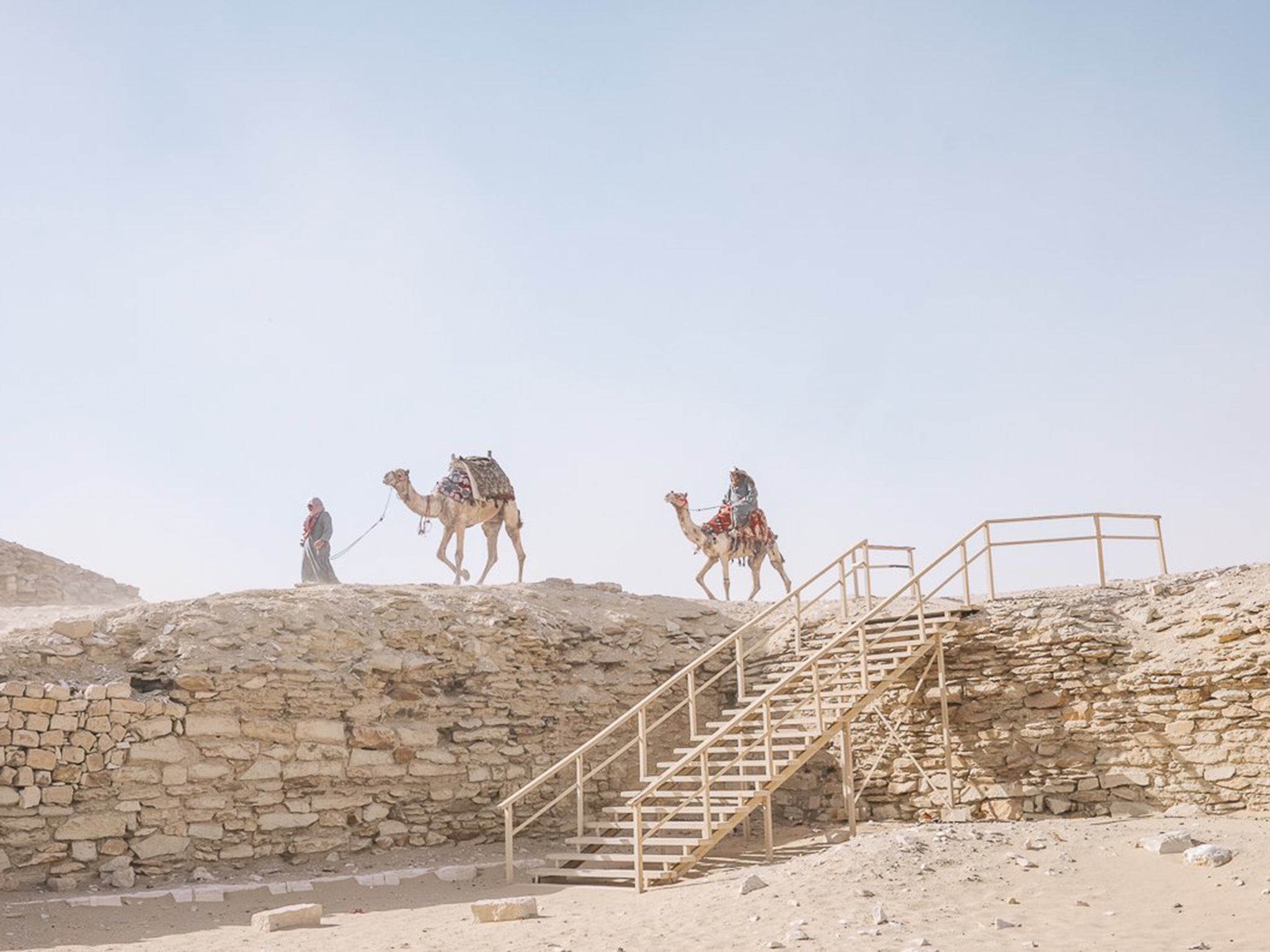
When they went to the Saqqara pyramids on the edge of the Cairo region, they found they were the only people there. Besides feeling nervous to be off that far alone, they were also being bothered by locals while they were walking around.
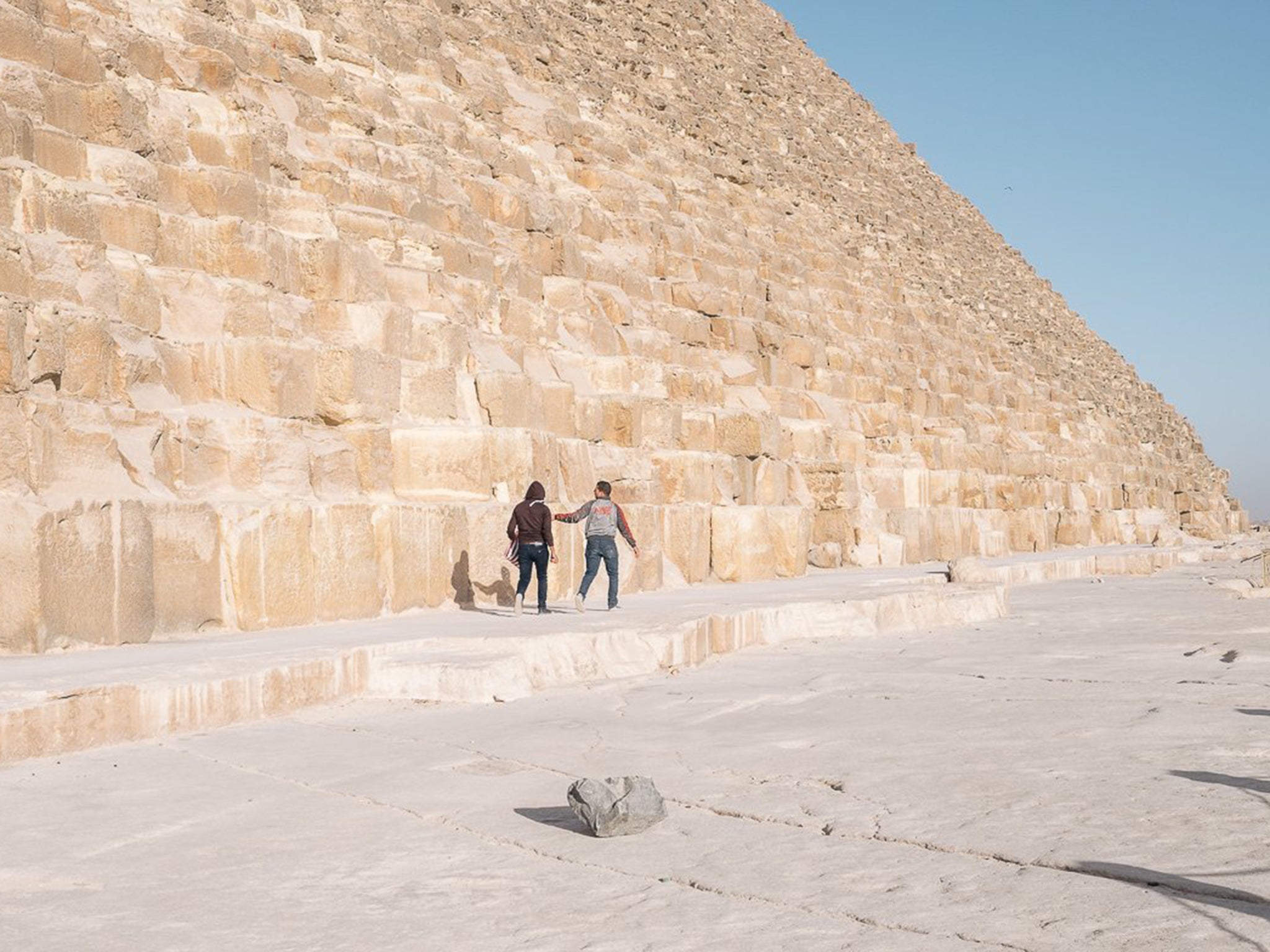
The locals were constantly asking Terzza and his partner for their tickets, begging for money, and trying to show them around the premises.
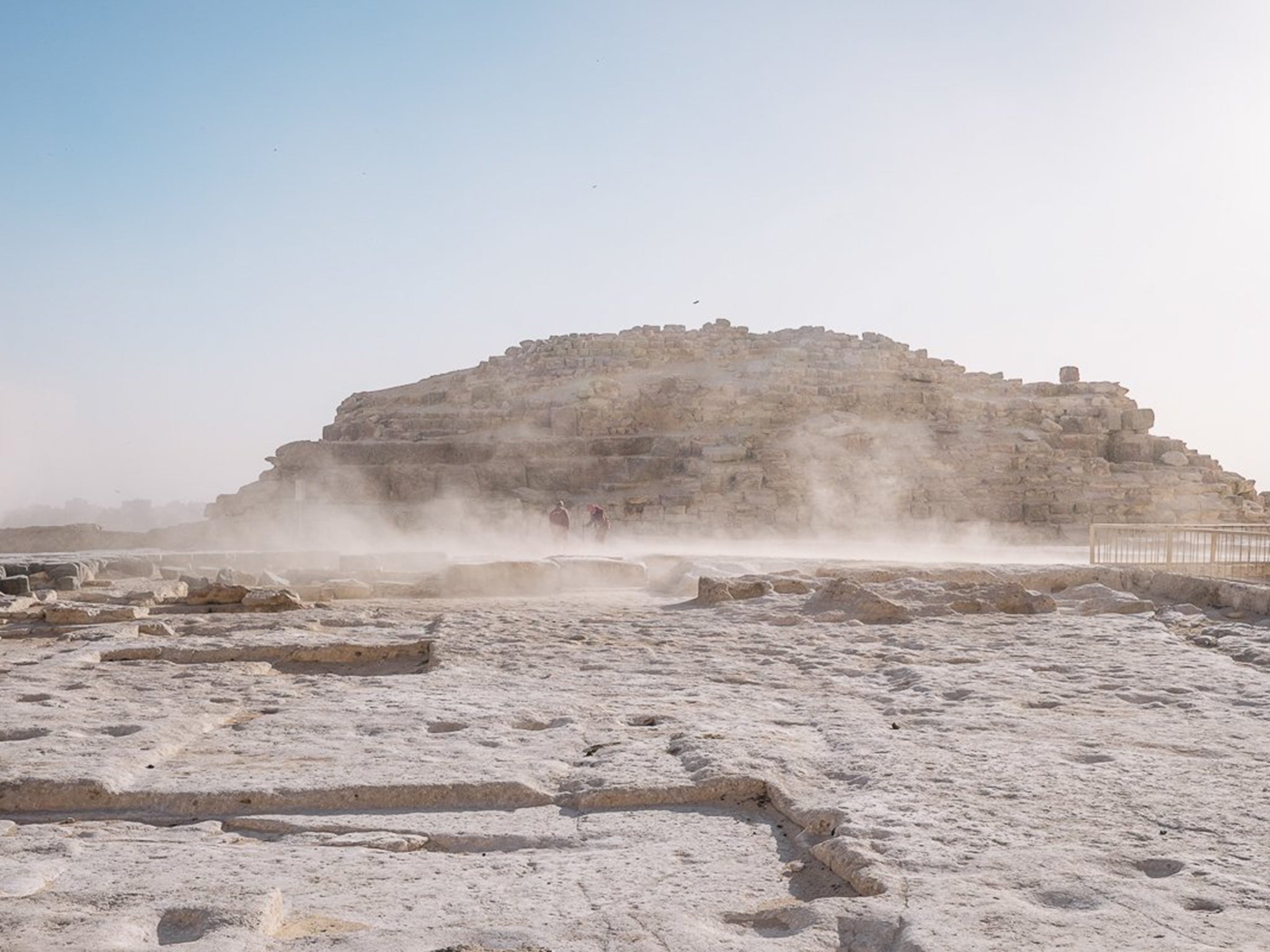
Terzza even had to resort to shouting at them to stop them from bothering him, which he was uncomfortable doing.
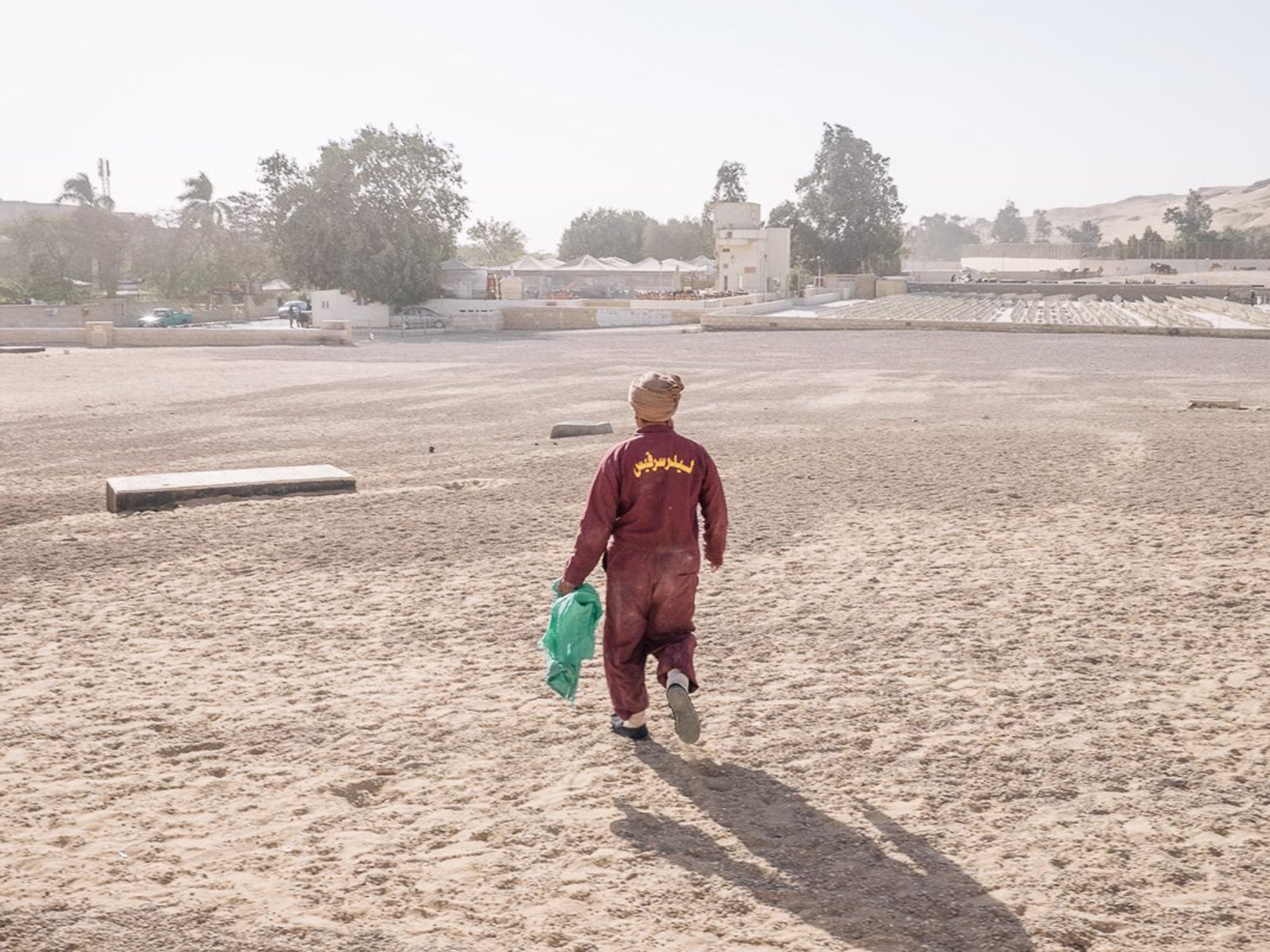
But Terzza knew it was deep-seated problem. "As you spoke to more and more locals, the reality of their political, economic, and social cultures started to make sense," he said to Business Insider.
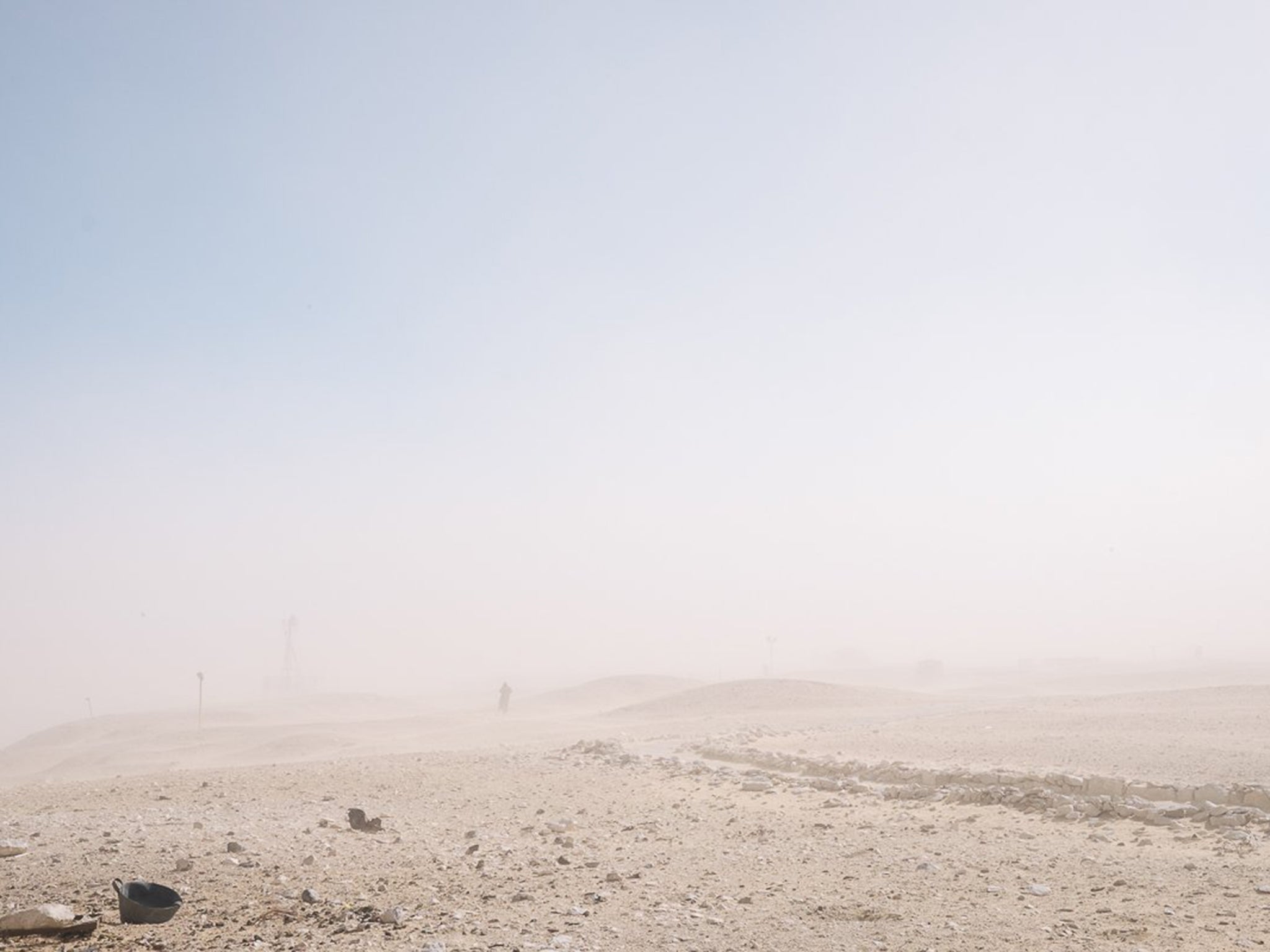
He had done plenty of research about the state of the country beforehand, but the level of corruption and dysfunction within the government was still both surprising and upsetting.
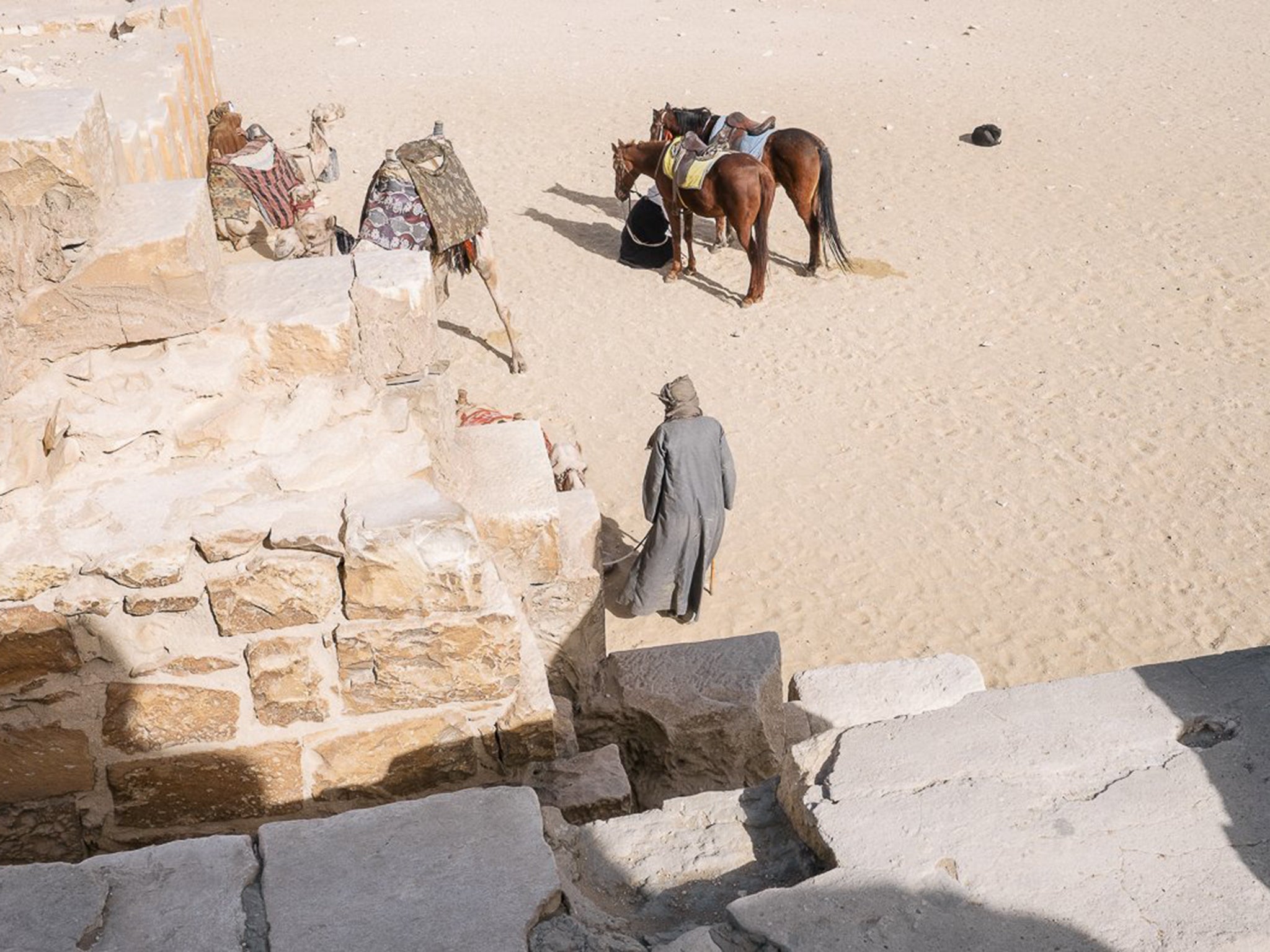
According to Terzza, one of the most disturbing parts of Egypt's culture was their sense of women’s rights, which were pretty much nonexistent. "To watch my partner be treated like dirt was extremely infuriating," he said.
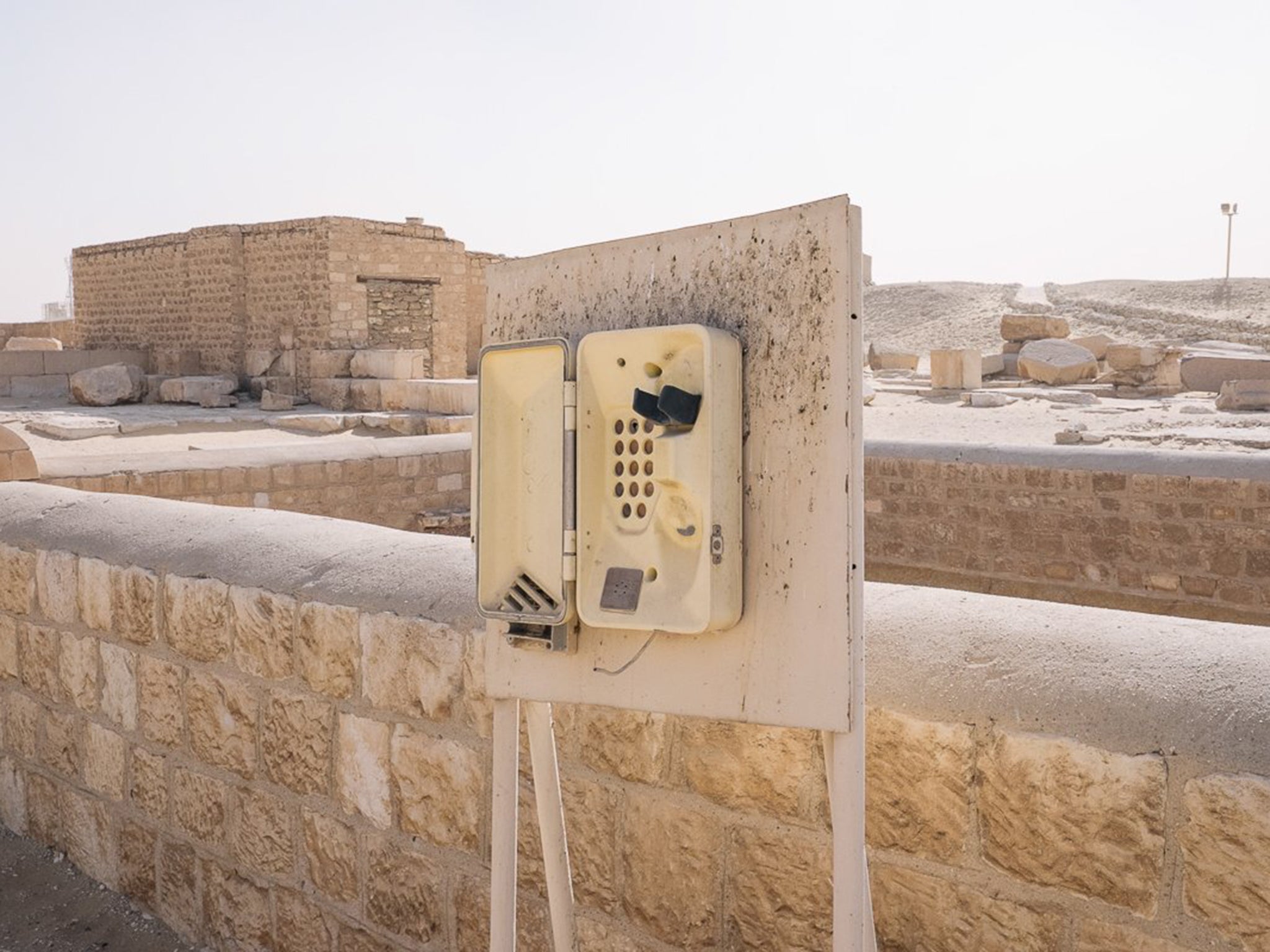
Not many other people were there to check out the pyramids with Terzza.
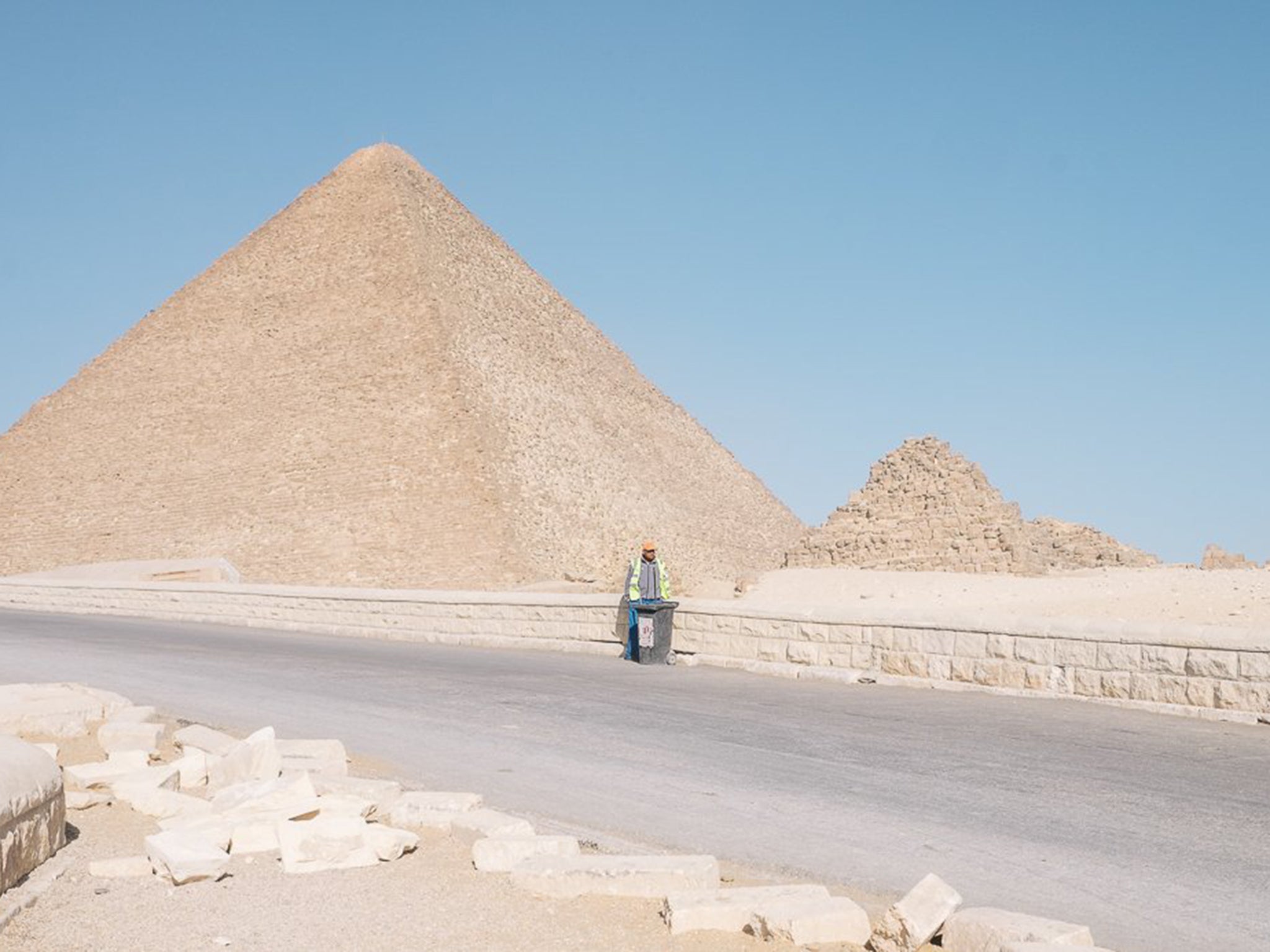
Egypt has had problems with tourism in the past. Visitors declined dramatically after a group of 58 tourists were killed in a 1997 attack by Islamic militants.
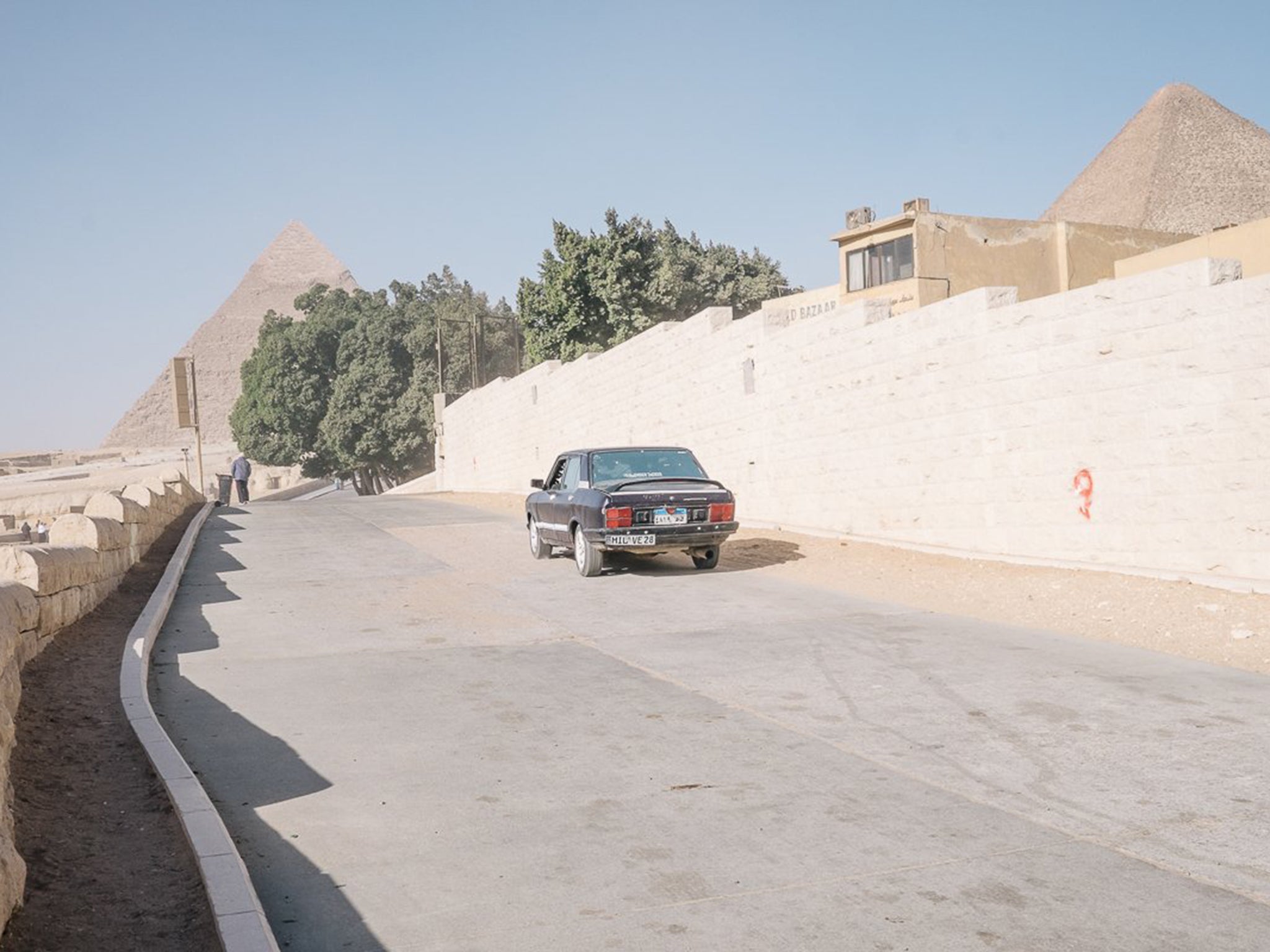
It is a priority for the government to get the industry booming again. Tourism is one of Egypt’s biggest moneymakers, bringing in billions of dollars a year.
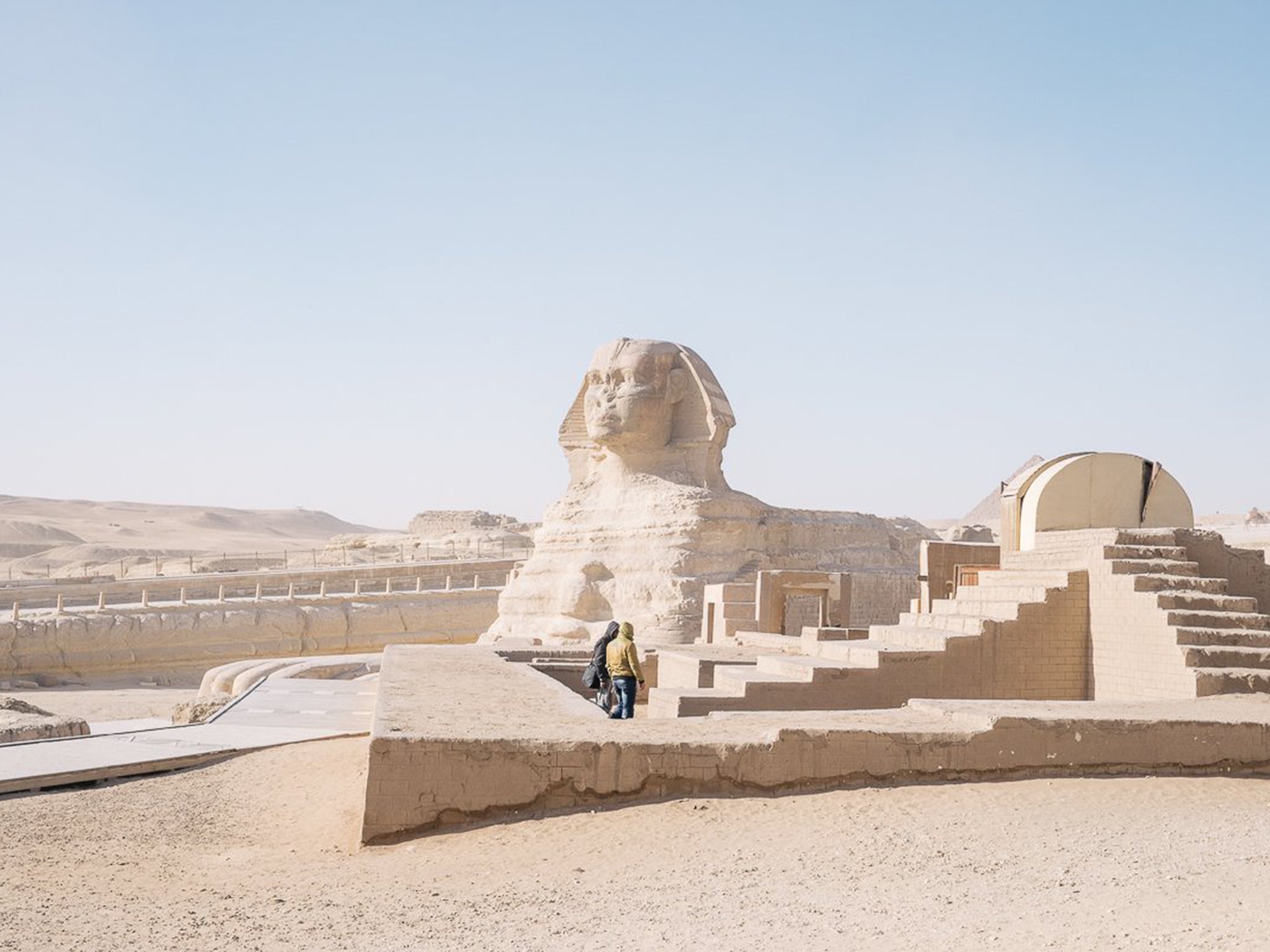
The tourism minister of Egypt told Reuters that the country is planning to launch a global advertising campaign in November.
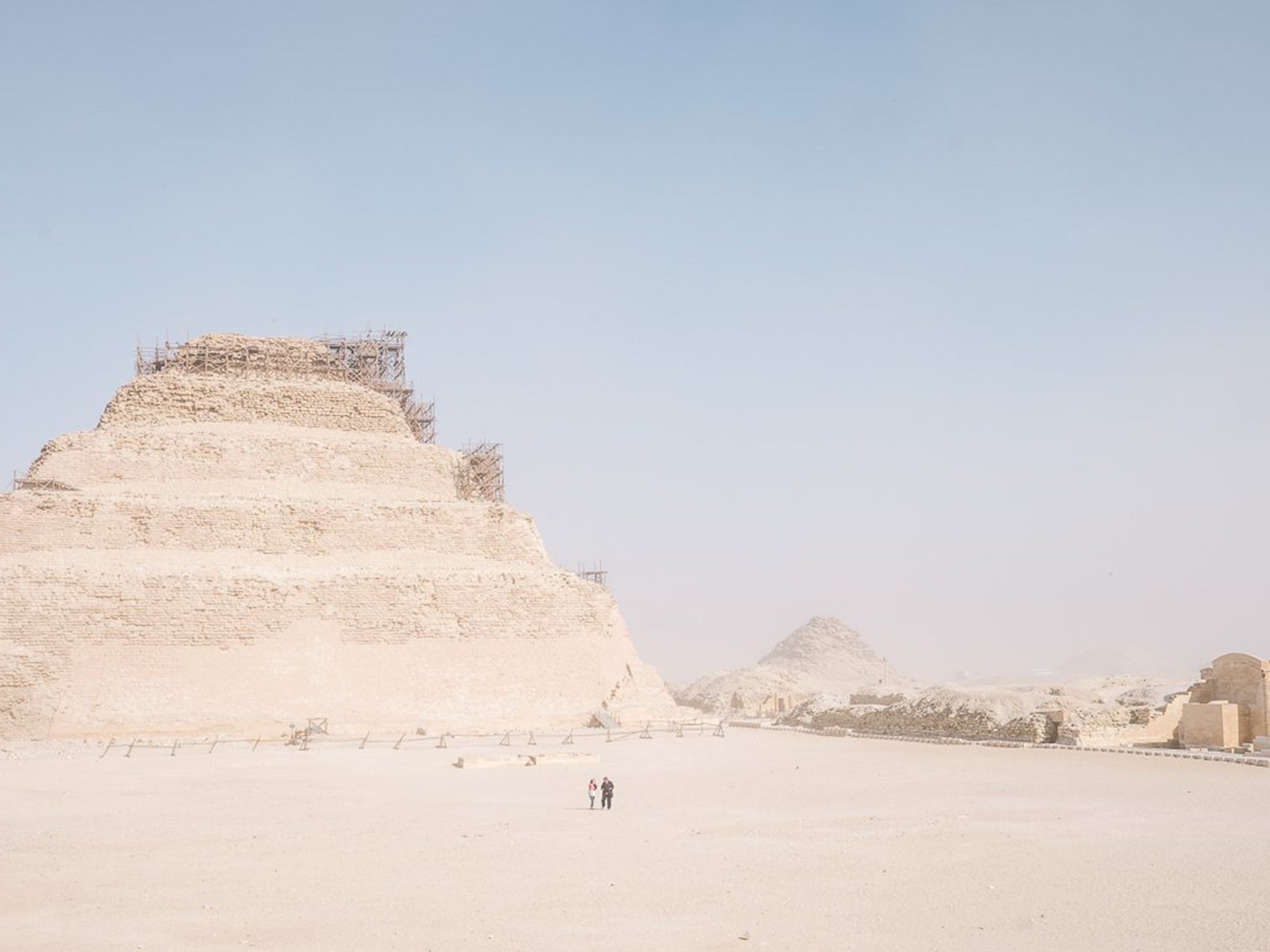
Even if tourism makes a rebound, however, the country still has a lot to work out with its government and citizens.
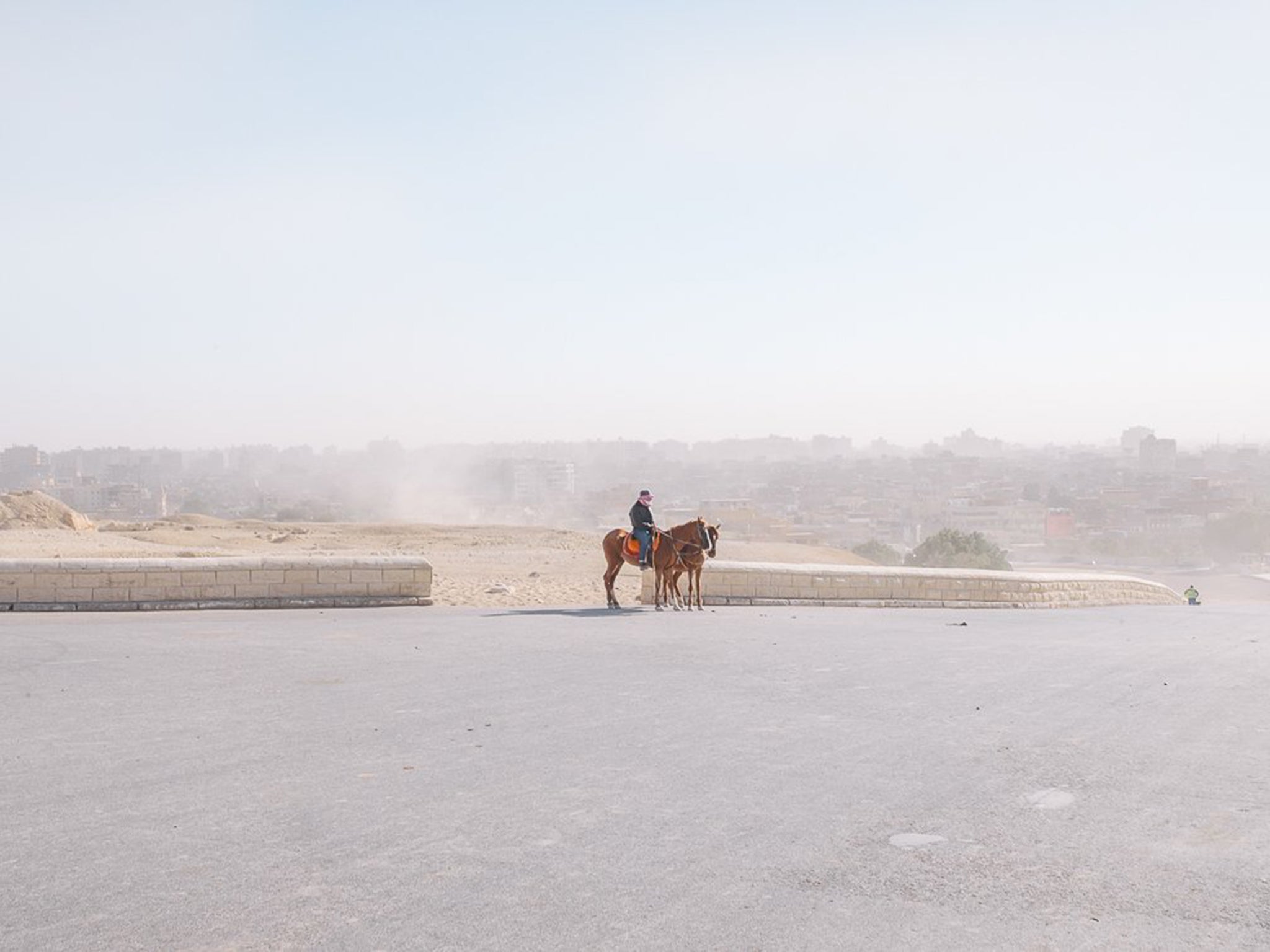
Until then, a campaign might not be enough to save them.

More of Terzza's work can be seen on his Instagram and Twitter.
Read more:
• Wealthy are giving up buying prime London properties
• Hedge funds behind the EU Out campaign
• The best paid jobs in the British finance industry
Read the original article on Business Insider UK. © 2015. Follow Business Insider UK on Twitter.
Join our commenting forum
Join thought-provoking conversations, follow other Independent readers and see their replies
Comments